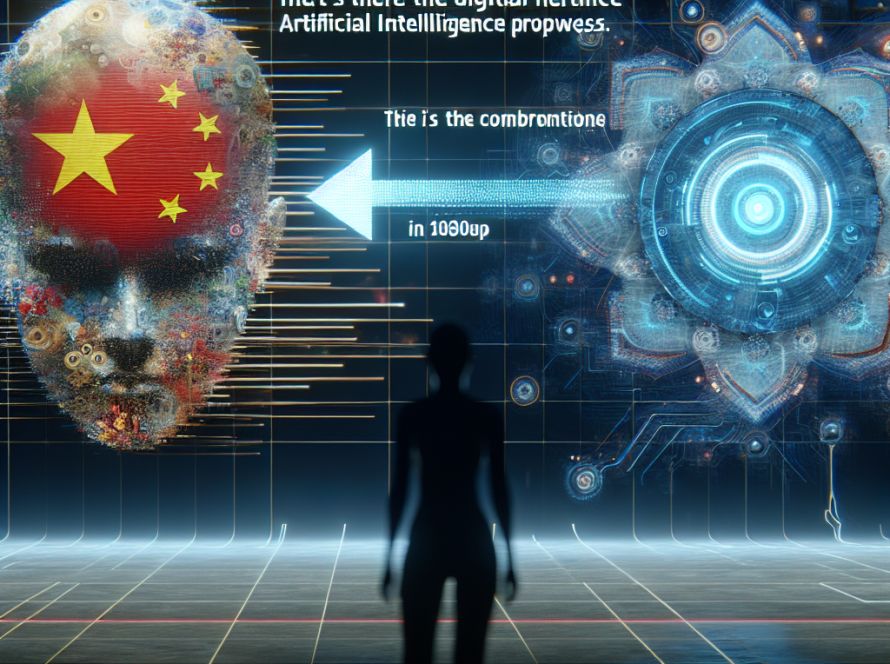Apple has recently unveiled its latest iPad Pro line that is powered by the new and self-manufactured M4 chip. The M4 chip stands out because of its CPU offering a speed that is 50% faster than its previous version called the M2. Also, its Graphics Processing Unit (GPU) delivers a performance that is four times better than its predecessor. One of the M4 chip’s standout features is its neural engine that surpasses any neural processing unit currently available in AI PCs.
The launch of the M4 chip comes as Apple is increasing its focus on Artificial Intelligence (AI) development, despite being a late starter compared to companies such as Google, Microsoft, and Samsung. Together with the M4 chip, Apple has recognized Siri’s capabilities shortfall. As a result, they are putting in work to ensure that Siri becomes the leading smart assistant again leveraging AI technology.
During the upcoming Worldwide Developers Conference (WWDC) set to take place on June 10, it is expected that Apple will demonstrate the improved Siri that is powered by a sophisticated generative AI system. Apple is ramping up its generative AI efforts by attracting AI talent from competitor companies such as Google to strengthen their secret research lab in Switzerland.
Recent research suggests that Apple’s generative AI strategy is ramping up with the launch of ReALM, a model that performs better than GPT-4. They also used research to publish on MM1, its first group of multimodal LLMs. Several strategic acquisitions such as the purchase of Canadian startup DarwinAI have also taken place.
CEO Tim Cook expressed his confidence in Apple’s generative AI strategy during their second-quarter earnings call. He believes that their combination of hardware, software, services integration, groundbreaking Apple silicon with the industry-leading neural engine, and a strong focus on privacy will set them apart in the new generative AI era.
Generative AI became mainstream in late 2022, and Apple’s competitors, including Microsoft, Google, and Amazon, were quick to invest billions into generative AI startups like OpenAI, Anthropic, and Inflection. Unlike its competitors, Apple remained quiet during this period, and it is yet to release any named generative AI products.
Apple prides itself in building comprehensive, quality products with deep integration into its ecosystem, unlike its competitors who release stand-alone AI features or beta versions. Being a vertically integrated company that controls both hardware and software, Apple needs to ensure that its AI offerings can harness the full potential of its custom silicon, requires a high level of collaboration between its hardware and software teams.
Apple’s slower pace into generative AI is aligned with its overarching strategy. Its patient and strategic entry into generative AI is expected to be worth the wait by investors.


